Iran has exported more oil than ever in the past six years, despite major sanctions imposed by former US President Donald Trump in 2018, according to leaders in Tehran.
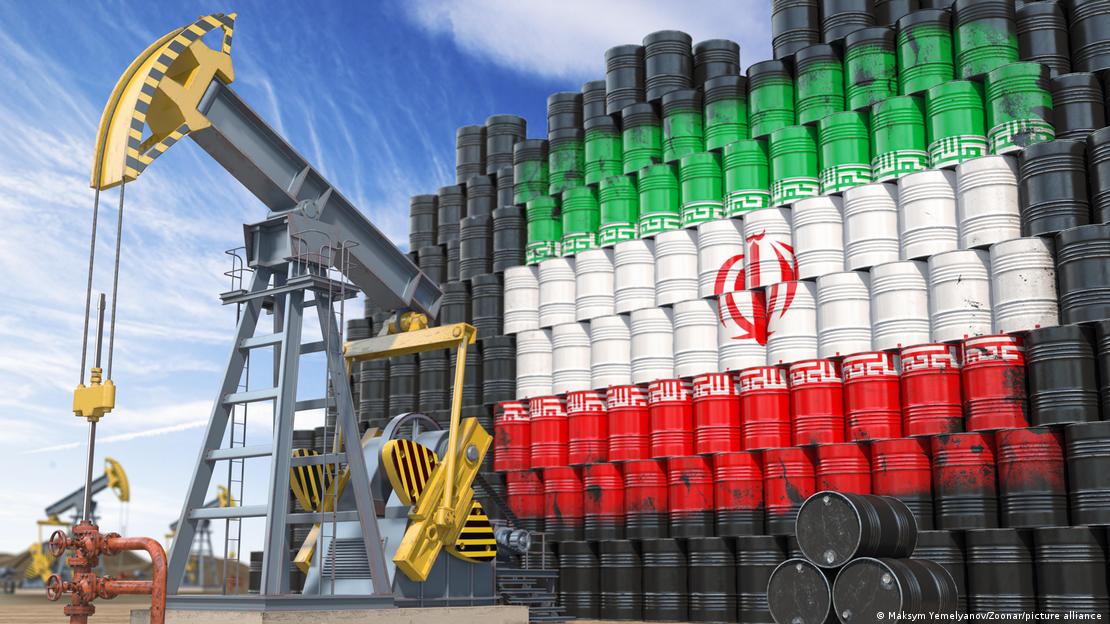
Thanks in part to increased oil exports, Iran's GDP growth has been around 5% per year. Photo: DW
Last month, Iranian Oil Minister Javad Owji said oil exports would “generate more than $35 billion” by 2023. The Financial Times quoted him as saying that “although Iran’s opponents want to stop exports, today we can export oil wherever we want with minimal discounts.”
Inflation is soaring
For the Iranian government, however, billions of dollars in oil revenues are a resource for maintaining domestic political stability, not for any major war. Currently, most Iranians are suffering from the effects of international sanctions, leading to the devaluation of the national currency, the rial.
Iran’s inflation has recently reached new heights, reaching around 40% in February. Any further aggravation from escalating geopolitical tensions will only increase Iran’s consumer prices further, said Djavad Salehi-Isfahani, an economics professor at Virginia Tech.
Professor Salehi-Isfahani also noted that the US dollar has gained about 15% against the Iranian rial in recent weeks, amid concerns about rising conflict with Israel.
“The devaluation of the exchange rate very quickly leads to higher prices, because Iran imports a lot of goods and many of the goods they produce inside Iran also have an imported component,” the Middle East expert stressed.
According to Professor Salehi-Isfahani, the living standards of Iran's middle class have also fallen sharply in recent years and are now "back to 20 years ago".
Oil is the main source of income
According to German data provider Statista, the most important contributor to Iran's gross domestic product (GDP) in 2022 is the service sector at 47%, followed by industry (40%) and agriculture (12.5%).
The bulk of Iran’s industrial revenue comes from oil, with more than 90% of its crude shipped to China. Western sanctions have had little impact on Tehran’s oil trade with Beijing, but Iranian leaders are increasingly concerned that oil production facilities could be targeted by an Israeli military strike.
After the initial shock of sanctions imposed by former President Donald Trump in 2018, Iran has returned to 80% of its previous export volume, with most experts blaming the easing of sanctions since US President Joe Biden took office.
“The Iranian economy has actually grown, partly due to increased oil exports… GDP growth has been around 5% per year, which is not bad compared to what has happened in the region in general after the COVID-19 pandemic,” said Professor Salehi-Isfahani. He added that much of the financial resources have been invested in expanding the military and other regime stabilization measures.
But in Iran, a significant amount of state revenue is believed to have disappeared into opaque structures. The Islamic Revolutionary Guard Corps (IRGC) – an elite paramilitary force within Iran’s armed forces – and various religious organizations are believed to control central parts of the economy.
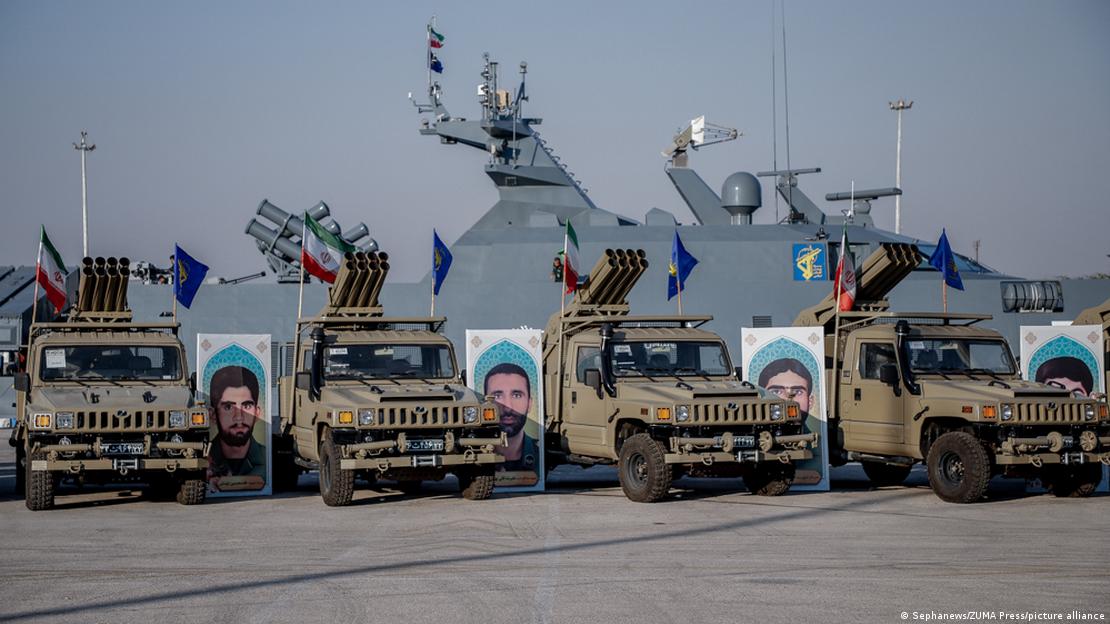
Iran's Islamic Revolutionary Guard Corps uses a huge budget and does not pay taxes. Photo: DW
These forces do not pay taxes and do not have to submit balance sheets. They are primarily responsible to Iran's head of state and commander-in-chief, Supreme Leader Ayatollah Ali Khamenei.
Despite its increasingly stable oil export revenues in recent years, Iran is still not an economic heavyweight. With a population of about 88 million, Iran is nearly 10 times larger than Israel, which has 9 million people. However, its GDP in 2022 is significantly lower, ending the year at $413 billion, compared to Israel’s $525 billion.
It is not easy to protect oil fields.
Iran's ability to sustain a war with Israel depends largely on whether new Western sanctions can significantly reduce Iran's oil exports.
In the first three months of this year, Tehran sold an average of 1.56 million barrels (a barrel is about 159 liters) of crude oil per day. Almost all of that went to China. That was the highest volume since the third quarter of 2018, according to data provider Vortexa.
Fernando Ferreira, head of Geopolitical Risk Services at US energy firm Rapidan Energy, told the Financial Times that “the Iranians have mastered the art of sanctions evasion”.
That being said, is Iran’s economy currently prepared for a possible military escalation with Israel? According to Professor Salehi-Isfahani, Iran is “not ready” to sustain a prolonged military conflict.
“That is why they are very careful not to get too involved in the war in Gaza. Rather than intending to cause harm, the attack they carried out against Israel was more symbolic,” Professor Salehi-Isfahani commented.
Quang Anh
Source






![[Photo] Prime Minister Pham Minh Chinh receives Mr. Jefferey Perlman, CEO of Warburg Pincus Group (USA)](https://vstatic.vietnam.vn/vietnam/resource/IMAGE/2025/4/18/c37781eeb50342f09d8fe6841db2426c)









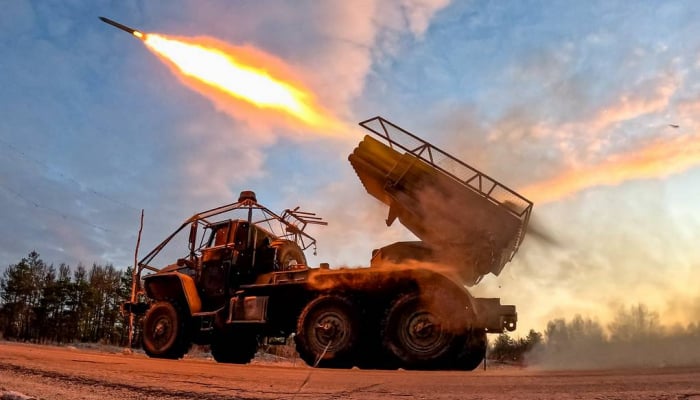
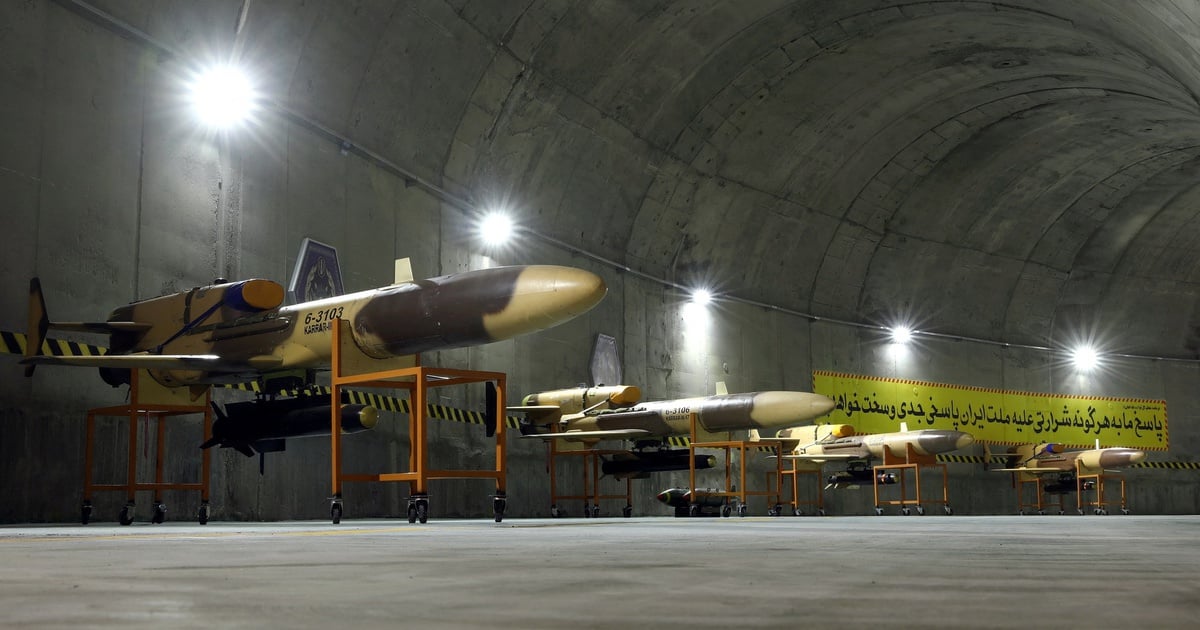























































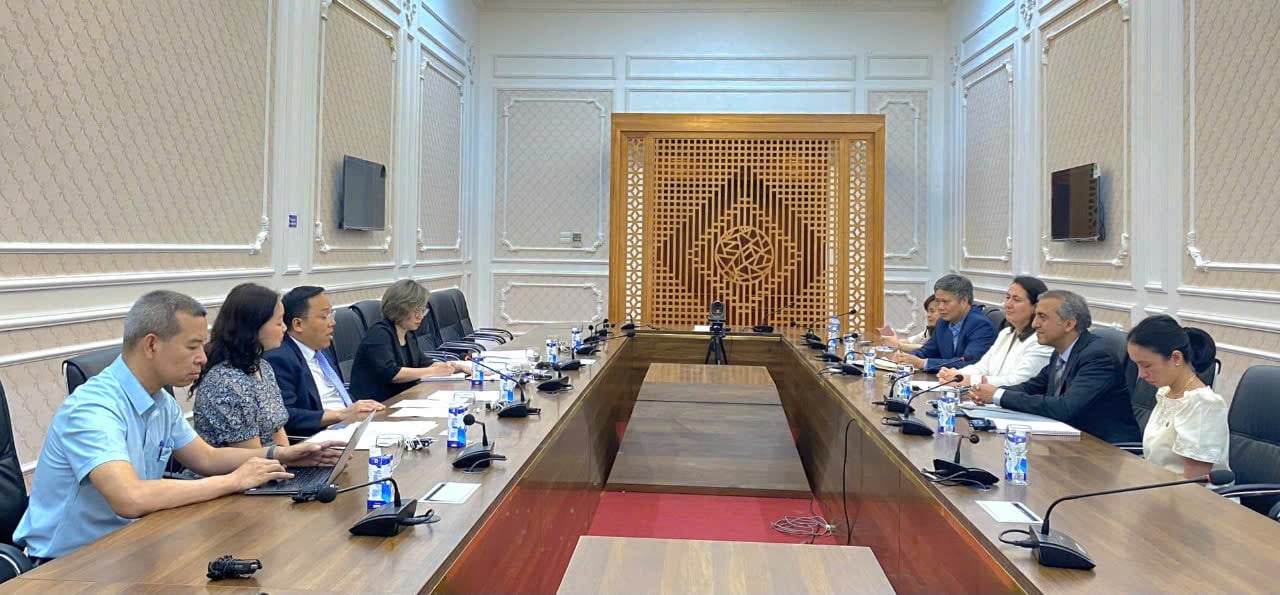












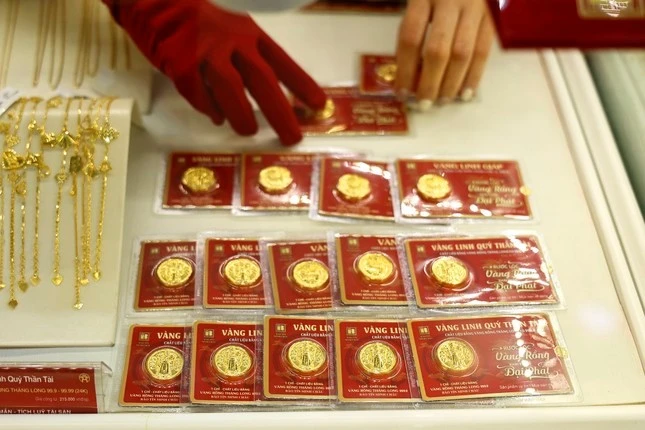











Comment (0)